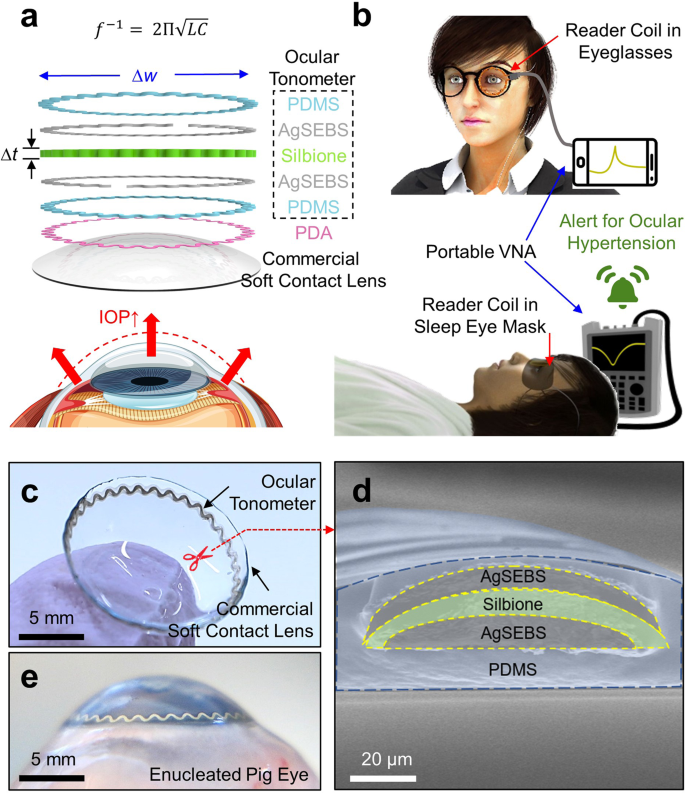カリフォルニア大学サンディエゴ校の研究により、PKCγの活性が脊髄小脳変性症14型を促進することを発見、酵素を阻害することで治療が可能であることが示唆される。 UC San Diego study finds enhanced PKCγ activity drives spinocerebellar ataxia type 14; suggests inhibiting the enzyme may have therapeutic potential
2022-10-03 カリフォルニア大学サンディエゴ校(UCSD)
カリフォルニア大学サンディエゴ校医学部の研究者らは、SCA14に関連する変異がPKCγの自己抑制と分解を乱し、酵素活性の上昇につながることを発見した。この持続的な「リーキー」活性がプルキンエ細胞のリン酸化プロテオームを変化させ、小脳の病態を進行させることを明らかにした。
SCA14に関連する変異が酵素の機能にどのような影響を及ぼすかを理解するため、培養細胞におけるさまざまなPKCγ変異体の活性レベルを測定した結果、一般的なPKCγ変異体と比較して、タンパク質のC1AおよびC1BドメインにSCA14変異を持つ変異体は酵素活性が著しく高く、この変異は、酵素の自己抑制と分解を阻害する構造変化によることが、さらなる実験により確認された。
PKCγはそれ自体が細胞内カルシウムによって制御されており、他の多くの脊髄小脳変性症はカルシウムのホメオスタシスに影響を与える変異によって駆動されている。このため、PKCγを標的とすることで、この幅広いシグナル伝達経路を修正し、複数の病型の治療に有効である可能性が示唆された。
<関連情報>
- https://today.ucsd.edu/story/leaky-activity-of-mutated-enzyme-underlies-neurodegenerative-disease
- https://www.science.org/doi/10.1126/scisignal.abk1147
プロテインキナーゼCγの変異は、キナーゼの自己抑制を阻害することにより脊髄小脳失調症14型を促進する Mutations in protein kinase Cγ promote spinocerebellar ataxia type 14 by impairing kinase autoinhibition
Caila A. Pilo,Timothy R. Baffi,Alexandr P. Kornev,Maya T. Kunkel,Mario Malfavon,Dong-Hui Chen,Leigh-Ana Rossitto,Daniel X. Chen,Liang-Chin Huang,Cheryl Longman,Natarajan Kannan,Wendy H. Raskind,David J. Gonzalez,Susan S. Taylor,George Gorrie,Alexandra C. Newton
Science Signaling Published:27 Sep 2022
DOI: 10.1126/scisignal.abk1147

Protecting PKCγ for neurodegeneration
Mutations in the kinase PKCγ cause the hereditary neurodegenerative disease spinocerebellar ataxia type 14 (SCA14) and are generally found in a region of the protein that senses an activating lipid. Pilo et al. found that these mutations increased the basal activity of the kinase by disrupting autoinhibitory contacts within the protein. This structural change also impaired quality control pathways that would normally lead to degradation of aberrant PKC. Transgenic mice expressing a SCA14-associated mutant exhibited ataxia-associated loss of Purkinje cells and increased phosphorylation of PKCγ target proteins in the cerebellum. The findings describe how these mutations promote PKCγ activity and may offer clues for prognosis and treatment.
Abstract
Spinocerebellar ataxia type 14 (SCA14) is a neurodegenerative disease caused by germline variants in the diacylglycerol (DAG)/Ca2+-regulated protein kinase Cγ (PKCγ), leading to Purkinje cell degeneration and progressive cerebellar dysfunction. Most of the identified mutations cluster in the DAG-sensing C1 domains. Here, we found with a FRET-based activity reporter that SCA14-associated PKCγ mutations, including a previously undescribed variant, D115Y, enhanced the basal activity of the kinase by compromising its autoinhibition. Unlike other mutations in PKC that impair its autoinhibition but lead to its degradation, the C1 domain mutations protected PKCγ from such down-regulation. This enhanced basal signaling rewired the brain phosphoproteome, as revealed by phosphoproteomic analysis of cerebella from mice expressing a human SCA14-associated H101Y mutant PKCγ transgene. Mutations that induced a high basal activity in vitro were associated with earlier average age of onset in patients. Furthermore, the extent of disrupted autoinhibition, but not agonist-stimulated activity, correlated with disease severity. Molecular modeling indicated that almost all SCA14 variants not within the C1 domain were located at interfaces with the C1B domain, suggesting that mutations in and proximal to the C1B domain are a susceptibility for SCA14 because they uniquely enhance PKCγ basal activity while protecting the enzyme from down-regulation. These results provide insight into how PKCγ activation is modulated and how deregulation of the cerebellar phosphoproteome by SCA14-associated mutations affects disease progression.


